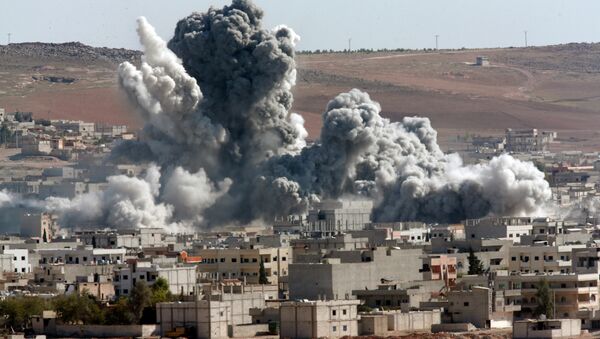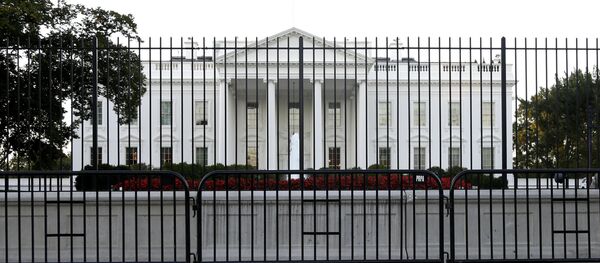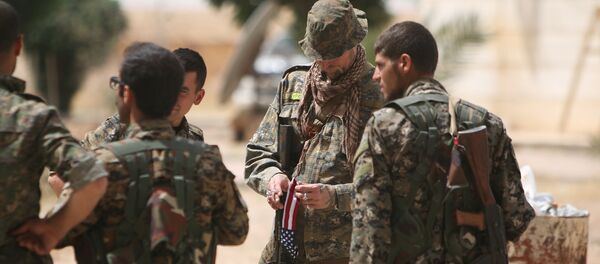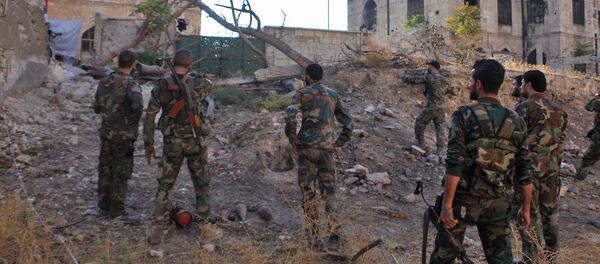"US military strikes against the Assad regime will be back on the table at the White House, when top national security officials in the Obama administration are set to discuss options for the way forward in Syria," the article then said.
However it further added that "there’s little prospect President Obama will ultimately approve them."
Later on Thursday, White House Press Secretary Josh Earnest said that military action against forces loyal to Syrian President Bashar Assad contradicts US national interests, but cannot be ruled out,
"Military action against the Assad regime, to try to address the situation in Aleppo, is unlikely to accomplish the goals that many envision now in terms of reducing the violence there, and is much more likely to lead to a bunch of unintended consequences that are clearly not in our national interest," Earnest said in a briefing.
However, Earnest added that he is "not going to take any options off the table."
Russia’s Defense Ministry has cautioned US-led coalition against carrying out airstrikes on Syrian army positions, adding that there are numerous S-300 and S-400 air defense systems up and running in Syria.
.@mod_russia to US-led coalition: no strikes on #Syria|n troops, it'd threaten #Russia|ns who provide humanitarian and reconciliatory help pic.twitter.com/mg0Pgr5hiQ
— Russian Embassy, USA (@RusEmbUSA) 7 октября 2016 г.
According to the Russian Defense Ministry, any air or missile strikes on targets in territory controlled by the Syrian government would put Russian personnel in danger.
Meanwhile, regardless of Washington's warmongering rhetoric, Russian political analyst, Director of the Institute of Strategic Planning Alexander Gusev expressed doubts that President Obama will go to the length of a full-fledged war.
"The US is heavily dependent on the domestic situation within the country, I mean the US presidential elections," he suggested.
He further explained that Barack Obama is unlikely to undertake any comprehensive solution on the military operation in Syria, taking into account that he is soon to leave office.
"The chances are low that a person who is planning to remain in politics will make a decision on any emergency measures before the very end of his active political career," the expert suggested.
The political scientist explained that an attack on the Syrian government forces will be an unprecedented presidential decision, and a decision which only the president himself can make.
Therefore the remarks of the White House Press Secretary don't mean very much, he explained.
"Earnest is nothing but a "distant cousin" in the decision making process," he said.
Speaking on a 'Future of the Army' panel at the annual meeting of the Association of the US Army in Washington on Tuesday, the generals agreed that future adversaries could end the US's traditional air superiority, and anti-access, area-denial capabilities could prevent the Navy from getting near the battlefield.
They warned that the Army will also have to be prepared to engage in cyber warfare, work without space-based communications and precision navigation it has come to take for granted, and fight in a complex urban settings.





